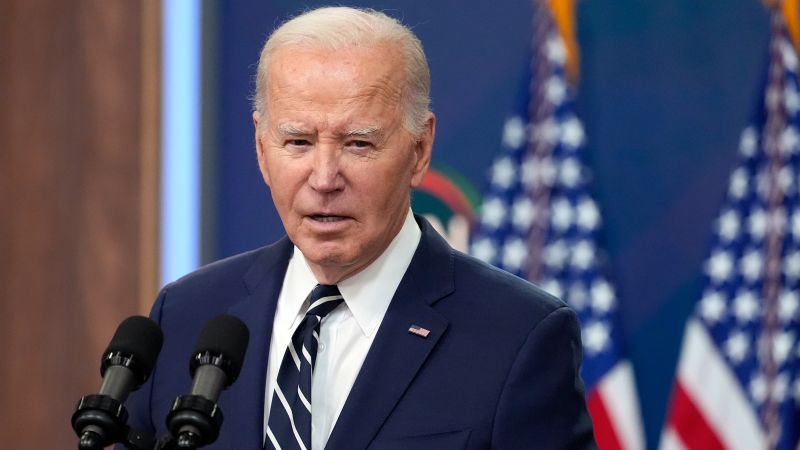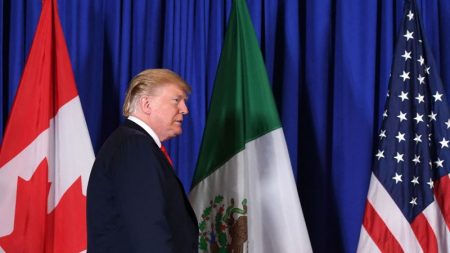President Joe Biden and senior members of his national security team, seeking to contain the risk of a wider regional war following a barrage of Iranian missiles and drones directed toward Israel, have told their counterparts the US will not participate in any offensive action against Iran, according to US officials familiar with the matter.
In a conversation with Prime Minister Benjamin Netanyahu late Saturday, Biden sought to frame Israel’s successful interception of the Iranian onslaught as a major victory — with the suggestion that further Israeli response was unnecessary.
Biden told the Israeli prime minister in his phone call that he should consider Saturday a win because Iran’s attacks had been largely unsuccessful and demonstrated Israel’s superior military capability, a senior administration official said.
Defense Secretary Lloyd Austin asked his Israeli counterpart, Minister Yoav Gallant, to notify the US ahead of any potential response to the Iranian attack, according to another US official.
Even as American officials stressed to their counterparts that the final decision on how to respond to Iran is up to Israel, Biden has sought to prevent a wider escalation of the conflict.
On Sunday, he planned to convene a meeting of fellow Group of Seven leaders to discuss a “united diplomatic response” — with the emphasis on non-military actions that would limit the prospects of a wider war.
“I told him that Israel demonstrated a remarkable capacity to defend against and defeat even unprecedented attacks — sending a clear message to its foes that they cannot effectively threaten the security of Israel,” Biden said in a statement following his conversation with Netanyahu.
Whether Netanyahu takes Biden’s advice remains an open question. The Iranian reprisals came at a moment of deep tension between the men over the war in Gaza. Throughout that conflict, the limits of American influence on Israeli decision-making have been laid bare.
Iran’s decision to fire weapons from its own territory toward Israel significantly ratchets up the long-simmering enmity between the two countries. There will likely be political pressure from inside Israel for some type of response.
Gallant warned Sunday that the confrontation with Iran is “not over yet.” The country’s response options are expected to be discussed in detail during a meeting of Israel’s war cabinet meeting.
The Commander of Iran’s Islamic Revolutionary Guard Corps, Hossein Salami, warned that Tehran would respond directly if Israel retaliates, saying a “new equation” had been created.
CNN’s Catherine Nicholls and Tamar Michaelis contributed reporting.
Read the full article here












